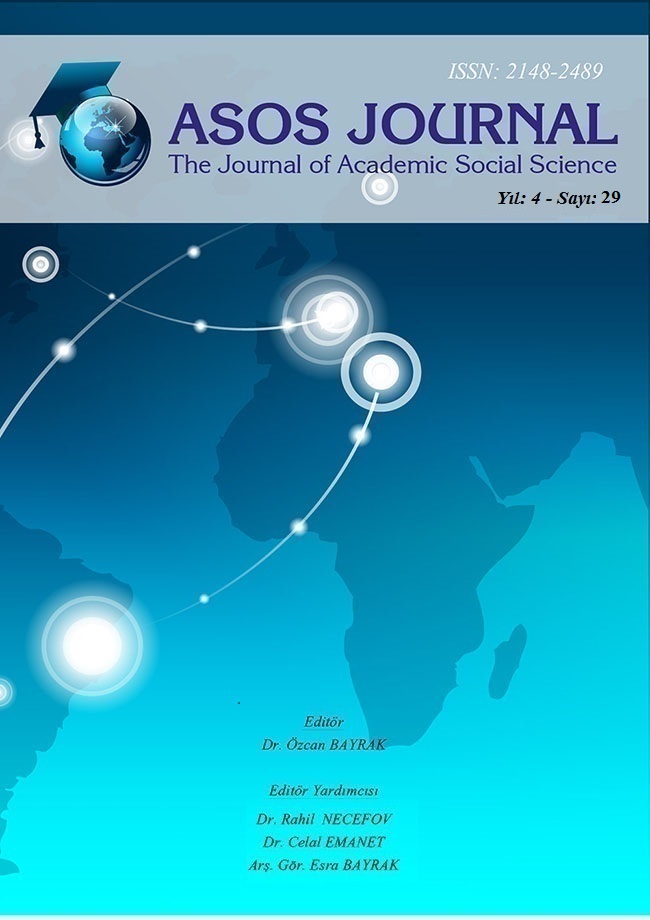Author :
Abstract
1980’lerle beraber tüm dünyayı etkisi altına alan küreselleşme süreci, neo-liberal politikalar ekseninde yeni bir “ekonomi-politik rejim” kurarak günümüz toplumlarının sınıfsal yapılarını radikal bir biçimde dönüşüme uğratmıştır. Bu dönüşüme kaynaklık bilimsel, teknik ve teknolojik gelişmeler sadece kapitalist bir dünyanın temellerini atmakla kalmamış, bu temeller üzerinde yükselen sermaye, özellikle işçi sınıfı karşısında hegemonik ilişkisini daha da derinleştirmiştir. Klasik liberalizmle doğan, endüstri devrimiyle büyüyen ve küreselleşmeyle gelişen bu hegemonik ilişki, artık günümüz toplumlarının kapitalist niteliklerini daha açık bir biçimde ortaya koymaktadır. Nitekim sermaye, tekelci kapitalizmin Soğuk Savaş’tan sonra sosyalizm karşısında mutlak egemenliğini ilan etmesiyle hem ulus aşırı bir nitelik kazanarak daha fazla mevzi kazanmış, hem de çalışma yaşamında örgütlü işgücünün etkisini azaltarak ilişkisini devam ettirmiştir. Bu makalede söz konusu emek ve sermaye ilişkisinden ha
Keywords
Abstract
With the advent of 1980s, the globalisation process, by which the whole world was influenced, has changed the current classes of the society radically esthablishing a new "regime of political economy" through neo- liberal policies. The scientific and technological advances on which these transformations are based not only created a capitalist world but also the capital class rising with this system deepened its hegemony especially against the labour class. Born with classic liberalism, grown with industrial revolution, and developed with the globalisation, this hegemony reveals the capitalistic features of curret socieities more accurately than ever. In fact, the capital both reinforced its position after the monopoly capitalism declared its absolute hegemony against socialism and continiued its relationship by reducing the effect of organised labour in the worklife. In this article, with the view of the relationship of labour and hegemony, the future of the classes is discussed and
